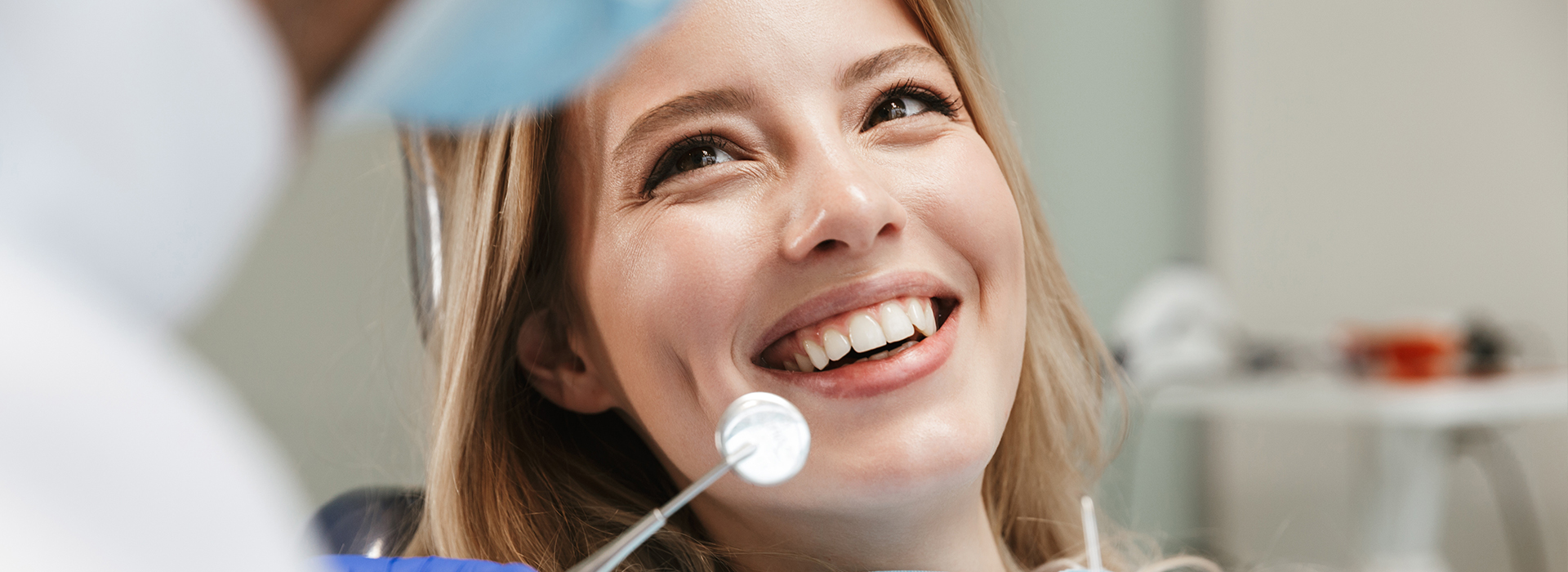

While maintaining a healthy smile depends upon keeping your teeth and gums clean at home, even those with the most diligent brushing and flossing routines can find it challenging to reach every nook and cranny between the teeth and gums. For this reason, we emphasize the importance of routine dental cleanings.
Since plaque harbors the bacteria responsible for cavities and gum disease, its removal is essential for maintaining good oral health. Our office encourages patients to come in twice a year for professional dental cleanings. In this way, our hygienist can remove any accumulated plaque, tartar, and food debris from between the teeth and gums.
Routine dental cleanings offer the following benefits:
Dental cleanings are performed using either hand instruments or with an ultrasonic scaler. While hand instruments are designed to scrape harmful deposits off the surface of the teeth, an ultrasonic scaler uses a steady stream of water coupled with varying vibration frequencies to clean them. For best results, our hygienist may use both methods in combination with each other.
Because a routine dental cleaning involves the superficial areas around the neck of the tooth and stays above or just slightly below the gumline, it's typically a pain-free and simple procedure. For those patients with sensitive teeth and other dental issues that may cause discomfort during a cleaning, topical numbing gels or local anesthesia are used.
Once the areas around the teeth and gums have been cleaned, our hygienist will then polish your teeth to remove superficial stains. In addition to going home with a smile that feels fresh and clean, we'll also provide you with instructions on the best methods of brushing and flossing and useful dietary guidance to support optimal oral health.
Remember, dental cleanings play an essential role in preventive care. At the office of Schneider Family & Cosmetic Dentistry, we help patients establish a strong foundation for a lifetime of good oral health.
